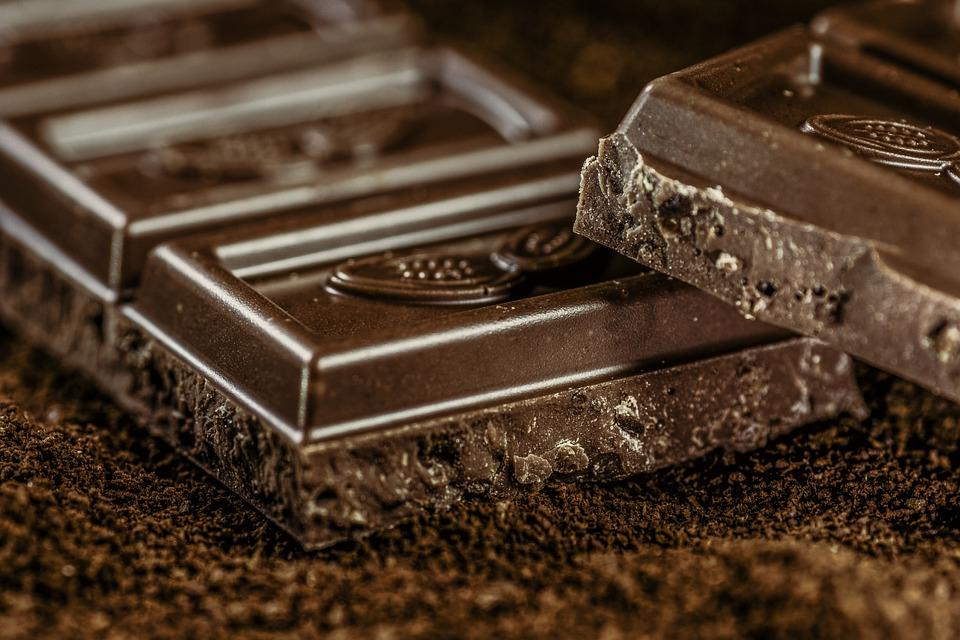Chocolate, beloved for its rich flavor, is often seen as a high-calorie treat. However, a recent claim has sparked curiosity: “New research suggests that eating dark chocolate can lower the risk of diabetes.” Is this true? Let’s explore the details of this claim.
The Study and Its Findings
This claim comes from a large study conducted by researchers at Harvard University. The study, published in The BMJ (British Medical Journal), followed over 110,000 participants for decades. The researchers analyzed their chocolate consumption and diabetes risk.

Research screenshots
The study revealed that participants who consumed at least 140 grams of chocolate per week had a 10% lower risk of developing type 2 diabetes. Interestingly, those who ate dark chocolate specifically had a 21% lower risk. Milk chocolate, however, did not show the same benefits and was linked to weight gain.
Why the difference? The key seems to be cocoa content. Dark chocolate contains more cocoa, which is rich in compounds known as flavanols. These compounds are believed to improve insulin sensitivity and protect cells from oxidative stress. They also reduce inflammation, which could explain the lower diabetes risk.
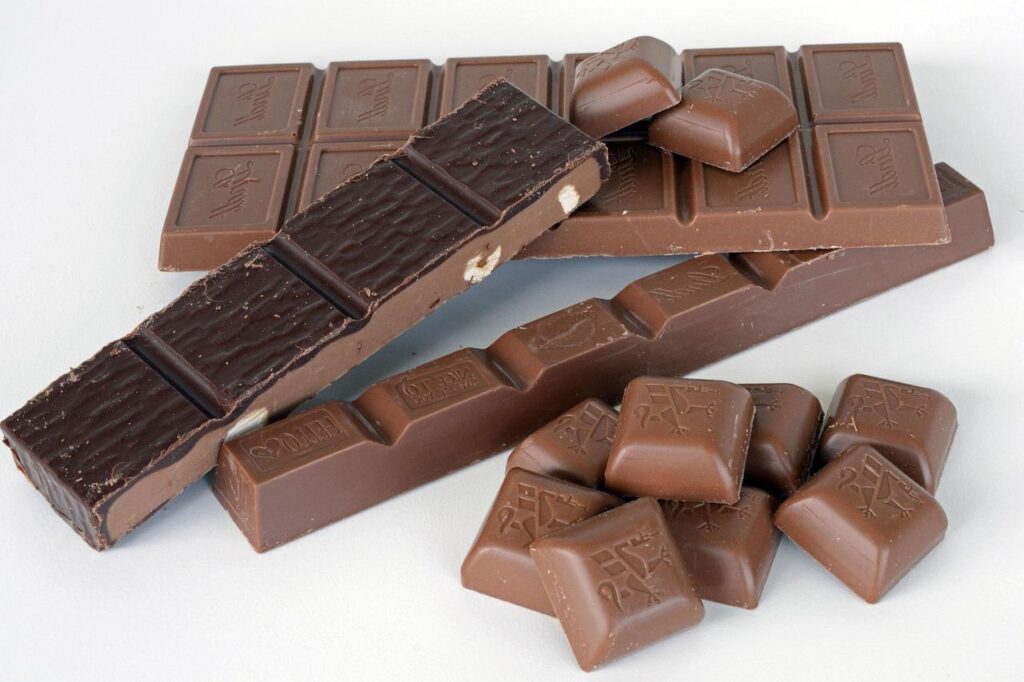
Does Dark Chocolate Lower Diabetes Risk?
Can we really say that eating dark chocolate reduces the risk of diabetes? The answer isn’t simple.
Although the study involved a large sample size and long duration, it’s important to note that this is a correlation, not causation. The study found an association between dark chocolate consumption and reduced diabetes risk. However, it doesn’t prove that eating dark chocolate directly prevents diabetes.
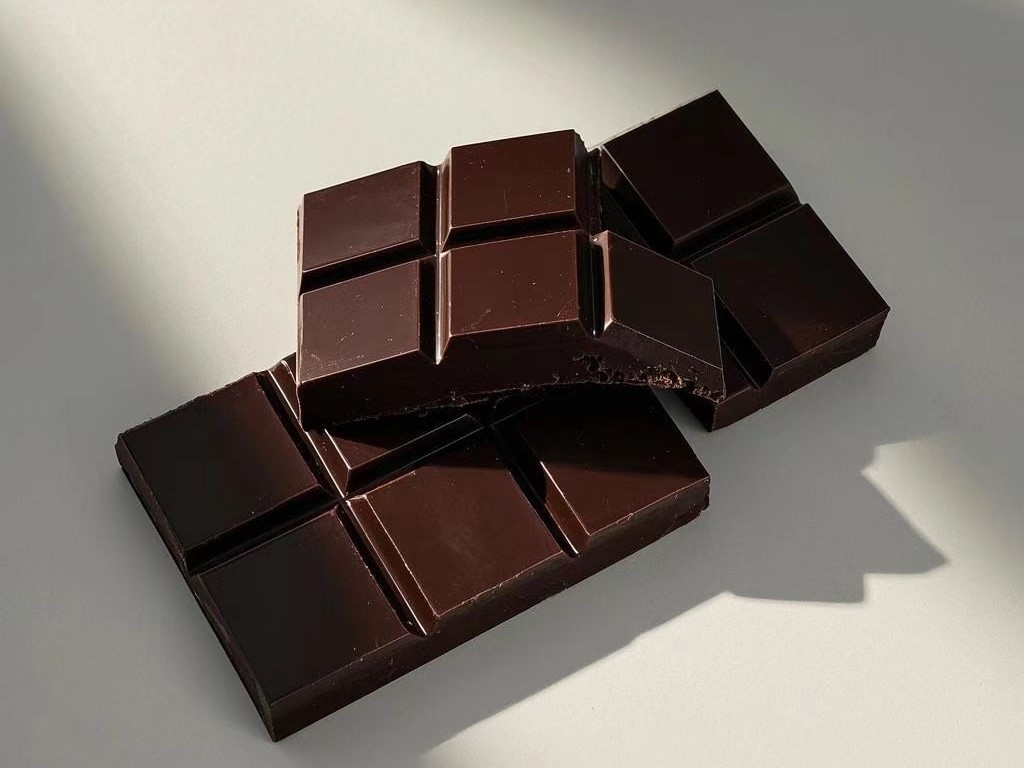
This is typical of cohort studies. These studies observe how certain factors, like diet, relate to health outcomes. While they can identify patterns, they cannot establish direct cause-and-effect relationships.
Flavonoids and Their Role
The study also points to flavonoids, compounds found in cocoa and many other fruits and vegetables. Flavonoids, particularly flavanols, have been linked to health benefits. They may help improve heart health and lower blood pressure.
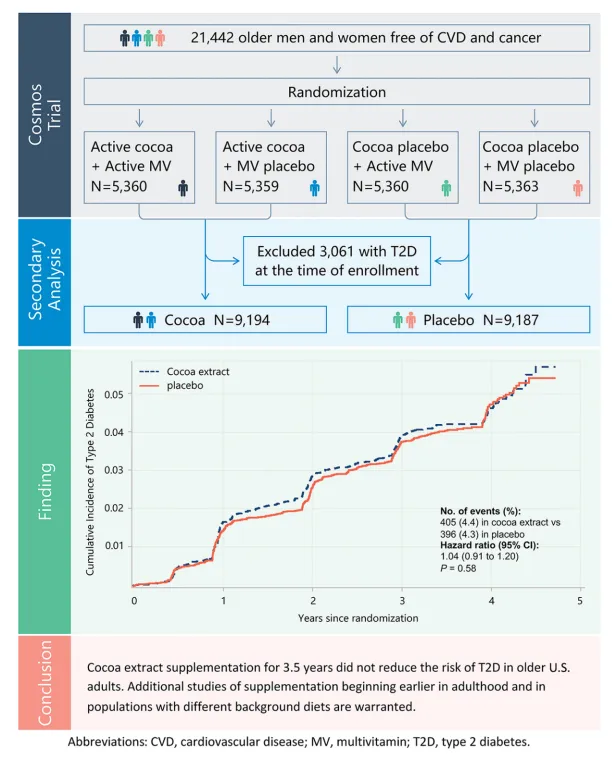
However, not all research supports the claim that flavonoids can reduce diabetes risk. A major clinical trial tested cocoa flavonoids in over 21,000 participants. Despite daily cocoa flavonoid supplements, the trial did not find a significant reduction in the incidence of type 2 diabetes.
Can Diabetics Eat Chocolate?
Chocolate is made from cacao beans. These beans go through several processes to make cocoa liquor, butter, and powder—the base for all types of chocolate. Cocoa butter is a type of fat, while cocoa powder is rich in beneficial flavonoids.
Dark chocolate, with its higher cocoa content, has more flavonoids than milk chocolate. But it’s still high in calories and sugar. Overeating chocolate can lead to weight gain and negatively affect blood sugar levels.
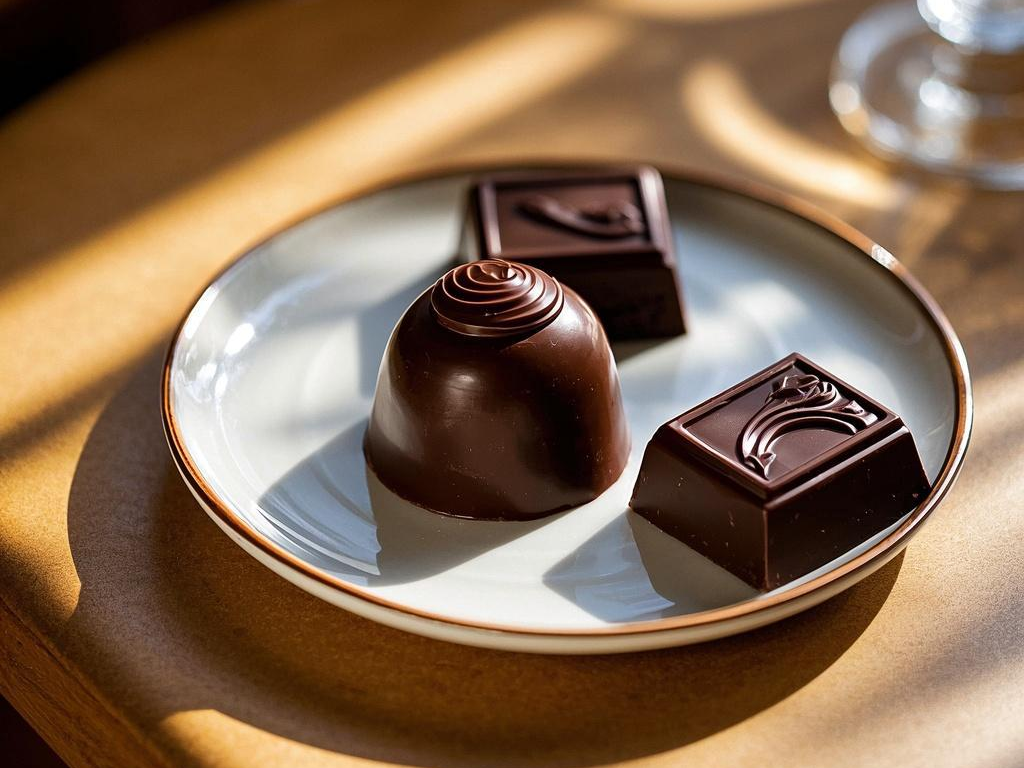
Moderation is key. Diabetics can enjoy dark chocolate as part of a balanced diet. But they should limit their intake. Regular exercise is also important for managing blood sugar.
Tips for Eating Chocolate Healthily:
- Choose Dark Chocolate: Dark chocolate has more flavanols, which are linked to health benefits. Choose varieties with a high cocoa percentage for maximum benefit.
- Limit Your Portion: Even dark chocolate is calorie-dense. Watch your portions to avoid excess calories and sugar.
- Maintain a Balanced Diet and Exercise: Eating chocolate should be part of a well-rounded diet. Exercise helps manage blood sugar levels.
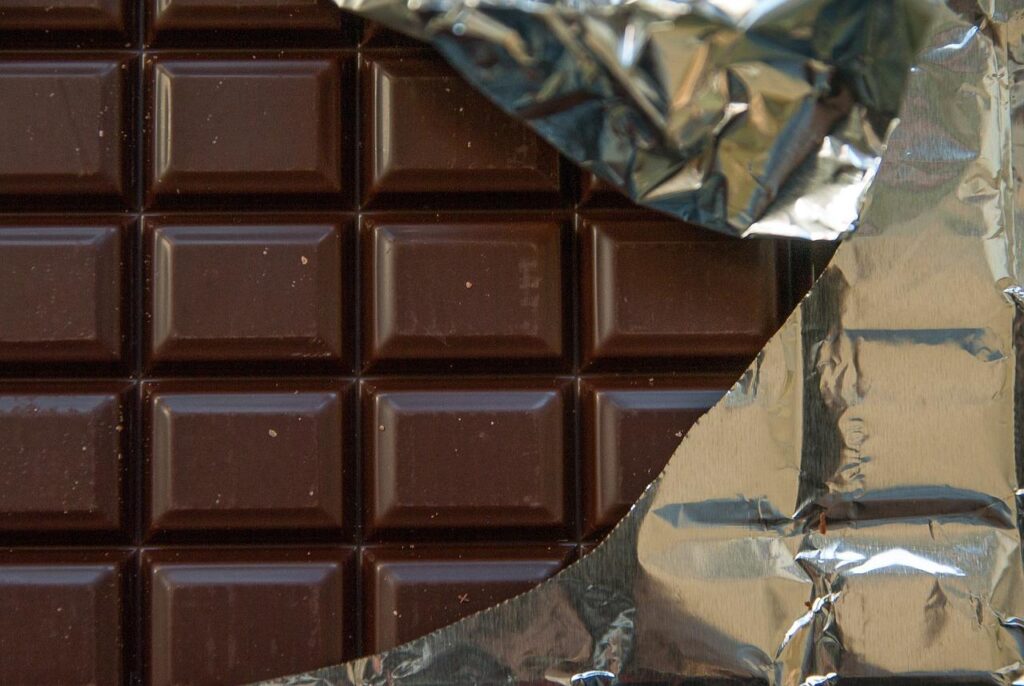
Conclusion: Moderation is Key
While there is some evidence linking dark chocolate with a lower risk of type 2 diabetes, it’s not a proven prevention method. The research shows an association, but not a cause-and-effect relationship.
Dark chocolate can be enjoyed in moderation. But it’s no miracle cure for diabetes prevention.








